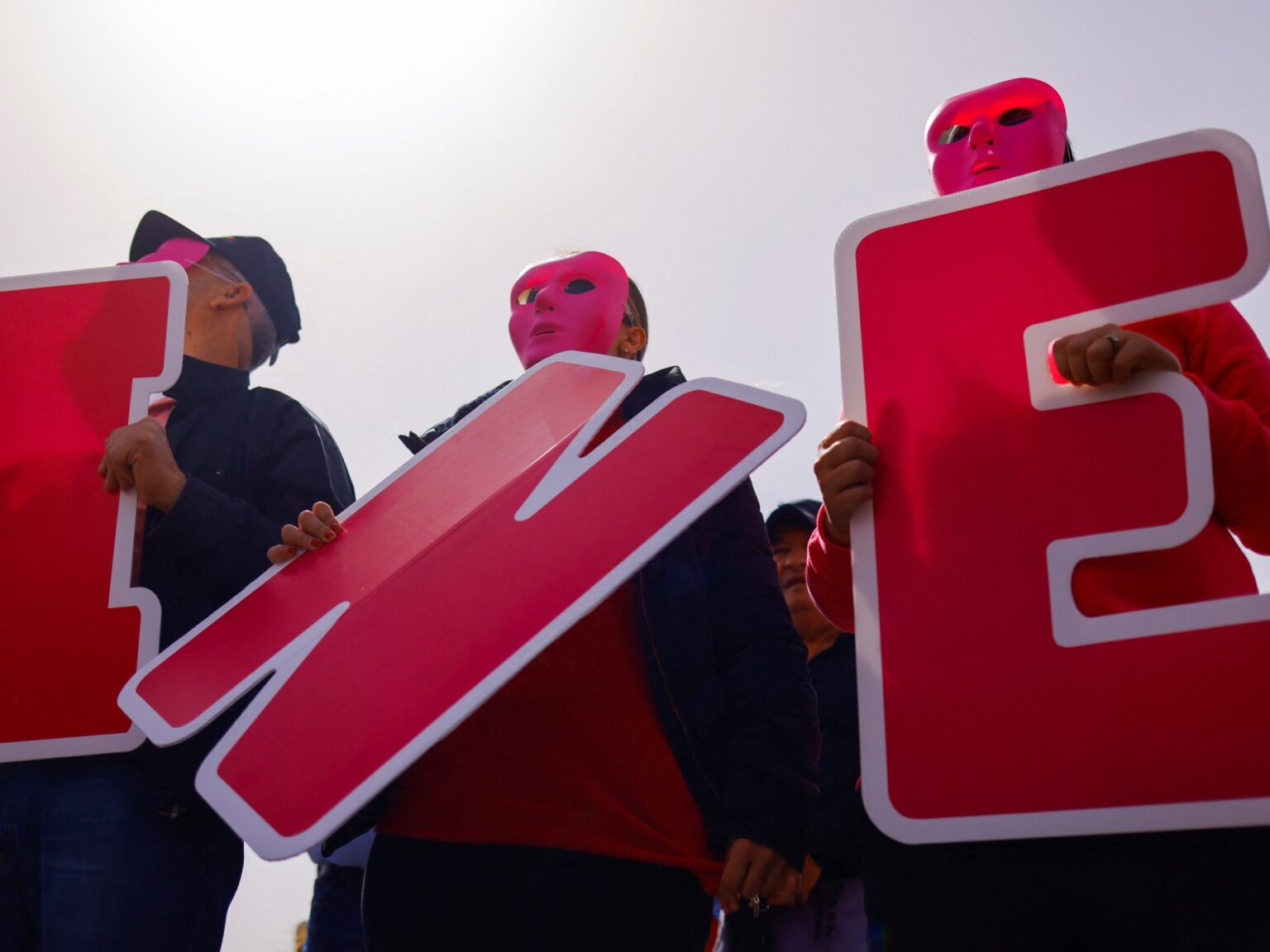Global Courant 2023-05-09 04:55:54
Mexico’s Supreme Court has struck down part of the controversial electoral reform package known as “Plan B,” which would reduce the budget and powers of the country’s electoral authority.
By a vote of nine to two, the court invalidated the first part of legal reforms designed to restructure Mexico’s National Electoral Institute, an autonomous election oversight body commonly abbreviated as INE.
That first part included reforms to INE’s administrative responsibilities and its ability to regulate political communications.
In Monday’s decision, the court ruled that Mexico’s Congress violated legislative procedure by pushing Plan B forward without adequate time for debate and consideration.
“There was no real and substantive democratic deliberation,” said Luis María Aguilar Morales, one of the court’s ministers, citing constitutional legislation that requires legislative debate.
Another minister, Jorge Mario Pardo Rebolledo, echoed that criticism, saying that “there wasn’t even three hours” between when Congress introduced the December bill and when it voted.
President Andrés Manuel López Obrador has supported reforms to Mexico’s electoral authority, claiming the money it uses could be better spent elsewhere (File: Marco Ugarte/AP Photo)
Monday’s court ruling was a blow to the administration of President Andrés Manuel López Obrador, who supported Plan B reform and criticized wasteful spending at INE and other government watchdog agencies.
But protests erupted earlier this year after Congress passed the final leg of Plan B on Feb. 22, with critics denouncing López Obrador and his ruling Morena party for erode Mexico’s democratic institutions.
Tens of thousands of people took to the streets in Mexico City in February to support INE, dressed in pink and white in solidarity with the polling station. The city’s main square, which could hold about 100,000 people, was overflowing with protesters carrying placards with slogans like, “Don’t touch my vote.”
It was one of the largest protests of López Obrador’s term so far, which began in 2018. Presidents in Mexico are limited to a single six-year term, but López Obrador’s Morena party is considered a front runner for the presidential election from 2024.
Mexico’s Supreme Court is expected to review a second part of the electoral reform package at a later date, which will address proposed changes to INE’s budget, staff and powers.
Protesters wore pink and white in February in solidarity with the National Electoral Institute (INE), seen here in Mexico City on March 3 (File: Raquel Cunha/Reuters)
Monday’s decision comes after the court froze Plan B reforms in March, preventing them from being implemented while INE pursued legal proceedings. The court cited “the potential violation of citizens’ political-electoral rights” as part of its rationale for the move.
The legislative package known as Plan B is a scaled-down version of the constitutional reforms that López Obrador and his party originally pushed for. But while the Morena Party controls both houses of Congress, it does have the two-thirds majority needed to amend the Constitution.
With Plan B in danger of being overturned by the courts, some in López Obrador’s government are calling for a “Plan C”, sending electoral reforms directly to voters for them to decide.
“The Mexican people are trying to regain confidence in their institutions, but the (Supreme Court) has decided to continue to protect private interests,” Adán Augusto López Hernández, Mexico’s interior minister, wrote on Twitter following Monday’s court ruling.
He accused the court of undermining the will of the people by denying the decision of their elected representatives. There is no other way, concluded López Hernández: “Plan C at the ballot box.”
López Obrador and members of his government have been openly critical of INE for years. After two failed attempts to win the presidency in 2006 and 2012, López Obrador claimed fraud robbed him of victory, sparking protests and demanding a recount.
During his time as president, he also tried to limit the authority of another government oversight body, the Institute for Access to Information and Transparency.
And he has also clashed with the Supreme Court several times, alleging that the court was biased against him. In April, the court quashed one of its initiatives to bring a civilian force under military control, amid criticism that such a move would give the armed forces too much power.
But López Obrador has brushed aside criticism that his administration is trying to weaken government checks and balances.
For example, when the United States expressed support for “independent, well-resourced electoral institutions” during the February protests, the Mexican president responded to the implicit criticism by saying, “There is more democracy in Mexico today than in the United States.”
(TagsToTranslate)News







